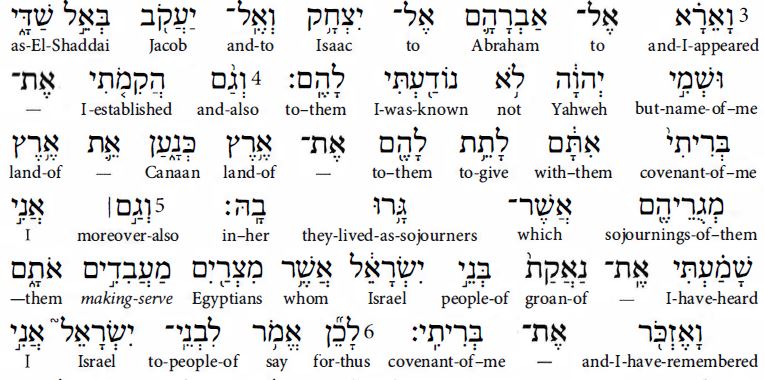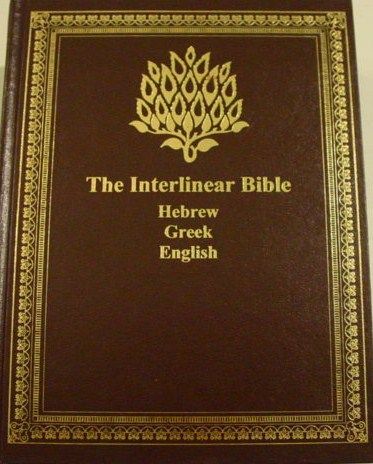

Hebrew-Portuguese Bible and if you know Spanish better than English, you will probably prefer the If you know French better than English, try our Hebrew-French Bible and if you know Portuguese better than English, you will probably prefer the If you do not know any Hebrew, try our Hebrew Bible in English if you know Hebrew well, you may prefer one of our four all Hebrew Bibles. A Hebrew - English Bible According to the Masoretic Text and the JPS 1917 Edition In the final form of the book of Psalms, the Saviour in these psalms emerges as an eschatological figure of salvation who encompasses many hoped-for figures from across the Old Testament in one person, the one who will achieve full-scale deliverance for the people of God.This site requires Javascript in order to function properly. 12) in his responsive song of thanks (vv. 18.18), as he echoes the songs of the first (Exod. Canonical exegesis of Psalm 118 displays a suffering and conquering king who leads the victory procession from the battlefield, one whose role resonates with a prophetic figure like Moses (cf. Canonical exegesis of Psalm 110 displays a cosmic king at the right hand of Yhwh, who has a willing army at his disposal, who will mediate as priest between his people and Yhwh, and who will also accomplish a definitive victory for the people of God. Vaillancourt moves the discussion forward by broadening the question to the portrayal of the figure of salvation in Book V of the Psalms, and by narrowing the scope to detailed canonical exegesis on two of its most salient psalms.

Although others have countered that Book V marks a return of the king, with references to David pointing to renewed hope in the Davidic covenant, in both cases scholars have interacted with the question as it was framed by Wilson. Many have agreed with Wilson in seeing a disjunction between Psalms 1–89 and 90–150, with Psalm 89 representing the apparent failure of the Davidic covenant, and signalling its replacement by a hope in the direct intervention of Yhwh without a role for a Davidic king. Wilson's landmark work, The Editing of the Hebrew Psalter (1985), scholars have been divided on how to interpret the appearances of the king in Book V (Psalms 107–150).


 0 kommentar(er)
0 kommentar(er)
